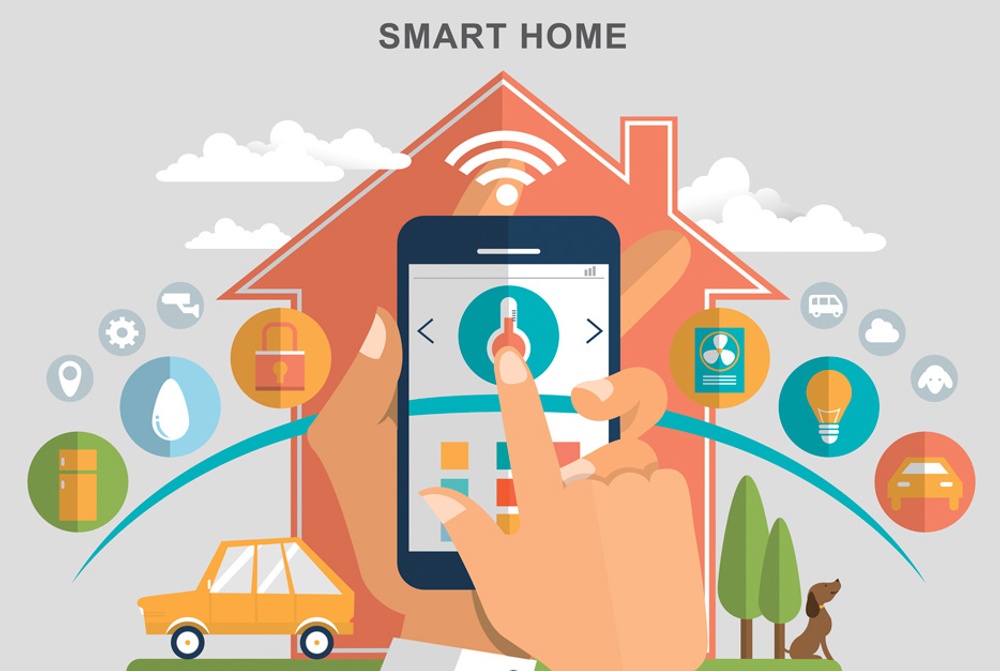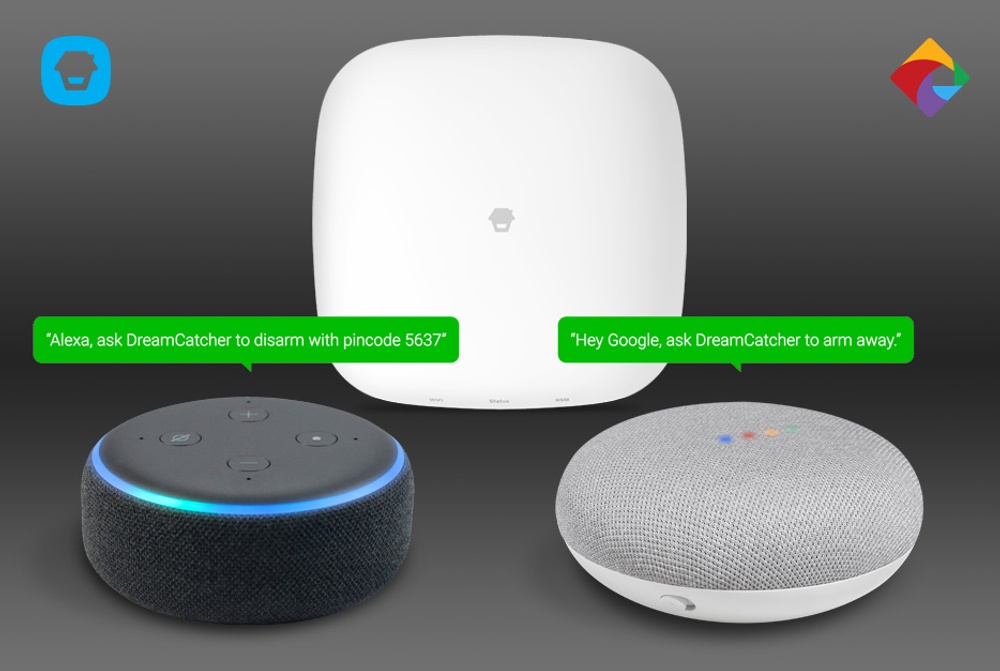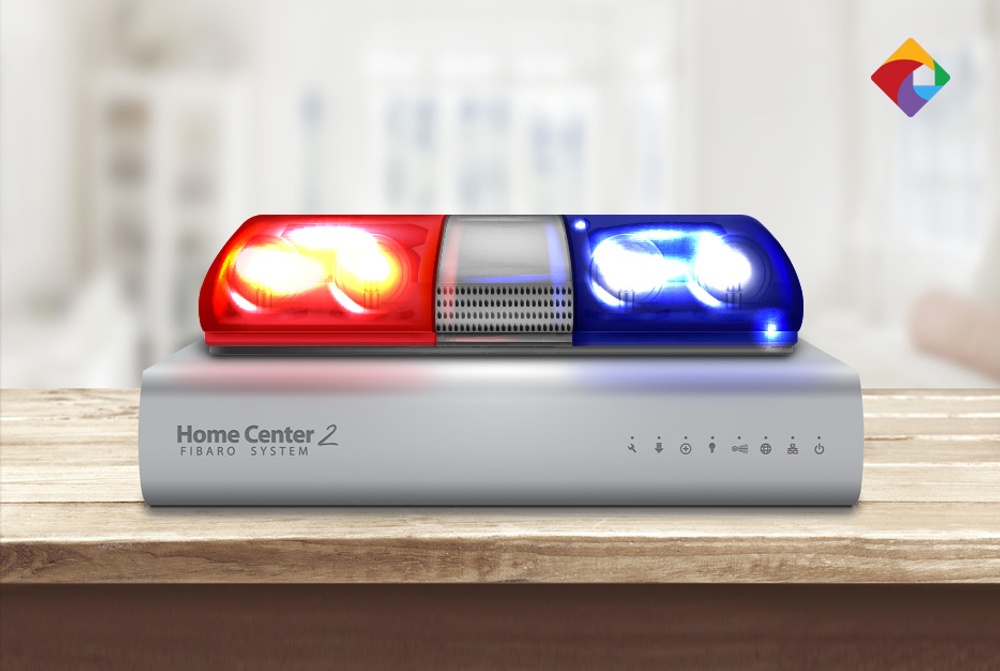Imagine waking up one morning to the sound of your alarm clock an hour earlier than usual. It’s not because you’ve set it yourself, but it took a look at the day’s schedule and thought it appropriate to wake you at that time. As you step into your bathroom, the shower turns on and warms the water to your preferred temperature. Your bathroom cabinet beeps, reminding you to take your morning medication. In the kitchen, your coffeemaker is already brewing your favourite coffee, and your robot kitchen assistant is pouring just the right amount of milk into your bowl of cereal.
This scene may sound like it jumped straight out of a Sci-fi movie however it’s much closer to reality than many realise. With so many tech companies immersed in the Internet of Things (IoT), tech experts are predicting that the average home will become smarter over the next few years.
Here’s a list of predictions that could happen within the next decade.
1. Artificial intelligence
In the future, we’ll be relying more on artificial intelligence (AI) to help us get through our daily lives. Artificial intelligence will play an essential role in helping us run our homes efficiently and in maintaining our comfort and security.
2. Home robotics
The sight of a Roomba gliding around the house is becoming pretty commonplace. Soon enough, we’ll have more than just Roombas at home. We may have robotic kitchen assistants that can help us with meal preparation and kitchen cleaning. Prototypes of robot pets already exist and may become common as well.
3. Home monitoring
With AI advancements, it will become possible for us to be more proactive with caring for and securing our homes. AI will be designed to identify threats to your home’s structure, such as leaks or termite infestation, and alert you to them as soon as possible. It may also inform you of suspicious parties trying to break into your home.

4. Home automation
Who doesn’t want to free up more time from chores? Many tech companies are in the process of developing smart appliances that you can program to take over some of your chores and let you enjoy more free time. Imagine a coffeemaker that automatically brews coffee the minute your home senses that you’re awake or a refrigerator that orders your grocery deliveries without any effort from you.
5. Voice control
There are already many devices out there that you can control using your voice. There’s Siri for the iPhone and also Amazon’s Alexa and Google Home. In a few years, more of these voice-controlled devices will be present everywhere as the technology becomes more sophisticated and reliable.
6. Health monitoring
Tech companies are working on home devices that will enable you to monitor your health and alert emergency services when necessary. Soon you’ll have access to mirrors that can check your health based on how your skin looks or bathroom cabinets that will notify you if you’re out of your prescription meds. These devices will be beneficial particularly if you’re living alone, elderly or disabled.

7. Cross-compatibility
Right now, many of the smart devices available in the market only work well with other products made by the same developer. Too few gadgets can work compatibly with other platforms, and this limits consumer choices. Experts at Geelong Technology Group work with multiple technologies, and are looking forward to better cross-compatibility. This could mean for example, using your Apple products with Amazon Echo.
8. Personalisation
Tech experts agree that the end goal with home AI is complete personalisation, whether through its user programming or the AI learning as it progresses. The dark side of this however, is your privacy being compromised as companies gather more intimate information about you the user, creating highly targeted advertising based on this information.
9. Standardised regulation
As the use of AI and smart home devices become more and more mainstream, tech experts are expecting government agencies to impose standardised rules on their usage. These regulations will be designed to protect consumers’ safety and privacy.

10. Security and privacy protection
With the growing mainstream use of smart home devices, protecting your security and privacy will be a pressing issue. Hackers are a growing threat in our society where they’ve even attempted to bring down Australia’s power grid. Your home network may not be so secure! Hackers could potentially exploit weak points in your home network. Tech companies will need to be vigilant in rolling out security software for their devices.
Smart homes are the future and if we do it right, they will help simplify our lives. It may sound counterintuitive however tech often complicates our lives while it’s still in its infancy – sometimes less is more. We’re interested to see where smart home technology takes us over the next 10 years!